I’m hosting a Biztech2.com CIO event in Chennai later today and one standard request at the outset of every event is that attendees should switch their phones to silent mode, to ensure that beeps announcing incoming e-mails and instant messages or the phone ringing doesn’t disturb everyone else. Today, I’m wondering whether we need to make that announcement because for the past two days no BlackBerry smartphone has beeped, announcing incoming e-mail or instant messages, for significant amounts of time.
Yes, that’s sarcasm, but honestly, I hope I’m wrong because I’m heavily dependent on my BlackBerry and my company’s BlackBerry Enterprise Server that it is connected to. And the past two days have been painful. My BlackBerry service has been down for over eight hours since Tuesday evening. A repeat of the situation on Monday when services were down for even longer. We got a staid two-line response on Monday that said: “We are working to resolve an issue currently impacting some BlackBerry subscribers in Europe Middle East and Africa and India. We’re investigating, and we apologise to our customers for any inconvenience caused whilst this is resolved.”
When we tried contacting BlackBerry spokespersons today none would respond and other media outlets also reported the same scenario .
One would think a smartphone maker would use smarter, newer mediums such as social media to reach out to very angry customers, who, mind you, have not just paid for devices but are paying month-on-month for the service. It’s not like the service is a free offering from RIM once you buy a BlackBerry smartphone. And for corporates there’s another cost - my company like many others pays license fees for using the BlackBerry Enterprise Server in addition to paying telcos a monthly fee per subscriber for using the service.
On BlackBerry India’s official Facebook page the update they have on a day when RIM has just majorly cheesed off every BlackBerry customer enough to ensure they are now looking at BlackBerry alternatives or switching to other smartphone platforms is: ‘Which one of the new BlackBerry smartphones (Bold 9900, Torch 9810, Torch 9860 or Curve 9360) do you already own or are planning to own soon?’
Full marks for optimism, though I think it’s seriously misplaced. Doubt any BlackBerry user would disagree.
Perhaps RIM Headquarters has an enlightened social media strategy driven by empathy? On RIM’s official Twitter support account @BlackBerryHelp they’ve heard of problems, but all you get is further unhelpful messages such as: ‘Some areas have messaging delays and impaired browsing. We’re working to restore normal service as quickly as possible.’ But that’s not the whole story.
According to Social Media Today , on Monday even as irate BlackBerry users were making #Blackberry a trending topic on Twitter, @BlackBerryHelp, oblivious to the social media disaster they were facing, were gleefully adding fuel to the fire with upbeat updates such as: ‘Hey #teamblackberry happy Monday everyone! Hope you all had a great weekend we are back to answer your questions stay tuned for answers.’ And yes, their Twitter page also informs customers that Twitter support is only available during working hours. Surely that information warms the heart of BlackBerry users who are paying every month for what they think is an enterprise-class, industrial-strength service only to face unexplained outages and an unhelpful response from RIM. Not that the Twitter support team seems to do much during the hours they work anyway, going by the staid, passed-by-legal but of-no-use to customers updates they’re putting out.
I want to know where the problem lies, which operators are affected, and why my neighbour using Airtel BlackBerry service has faced some minor issues but my service is down for hours. The BlackBerry site has no update on the outage or what is causing the problem. It’s almost like RIM arrogantly believes we all still live in 2007 when RIM was on top of the smartphone game and customers had no choice. In its primary US market, BlackBerry is now the third player in what clearly seems to be a two-horse race between Apple and Google. And while RIM is top dog in India’s smartphone heap, I’m not sure success in the Indian or other developing markets can save RIM if it sees a washout in the US. Nokia would agree.
Earlier today, Jaguar Financial Corp, a Canadian merchant bank that targets underperforming companies said at least 8 percent of RIM shareholders stock are behind its campaign for a shake-up, which includes Jaguar wanting RIM to hire a new transformative chief executive to replace current co-CEOs Mike Lazaridis and Jim Balsillie, and to put itself up for sale, either as a whole or in parts. One would be blind to deny that RIM seems to be in serious trouble, and while I’m not qualified or interested in commenting on RIM’s management, I think the least they can do is stand up, face the issues, give out some honest information and not hide behind a wall of staid, passed-by-legal but of-no-use to customers updates RIM is currently spewing out. That’s the only way they can expect support from BlackBerry customers.
And God knows RIM needs all the support it can get. Currently, RIM is attempting to execute a difficult transition to a new software system (QNX) for BlackBerry smartphones at the same time as it loses market share in the corporate market where it was once the only King. If you think the existing BlackBerry App Store is sparse compared to Apple and Android’s overflowing app ecosystems, wait till QNX is rolled out to the smartphone line. Things may get even worse on the apps front as developers will need to rebuild apps for the new OS. That when some developers have already announced they are no longer going to support the BlackBerry platform.
RIM’s mainstay customers, CIOs who head Corporate IT departments are also under increasing pressure from their bosses and employees to allow employee owned smartphones into the corporate ecosystem, just as consumerisation of IT is a trend CIOs can no longer ignore . Gone are the days when CIOs could mandate that corporate e-mail could be accessed by employees on a BlackBerry or nothing else. Even banks–and banks are the most conservative when it comes to IT security concerns– are embracing platforms other than BlackBerry , and often driven by employee demand .
Informa Telecoms & Media analyst Malik Saadi told Reuters earlier today that some businesses may see the consecutive BlackBerry outages as a good reason to re-evaluate their reliance on centralised servers and instead look to investing in more corporately controlled servers. “Not only would this enable IT departments to minimise the risk of unforeseen collapses, but it could also give employees more flexibility to use their own devices,” he added.
RIM needs to face the facts. While in the US even your average consumer seems to be deserting BlackBerry, even in India BlackBerry is no longer a favourite with geeks, who are mostly Android fanboys in these parts. While the average Indian smartphone consumer still prefers BlackBerry, surely RIM realises that what geeks choose today has a great chance of going mainstream tomorrow.
And no, I’m not deserting BlackBerry yet. On Tuesday morning I was explaining to a geek friend why despite Monday’s outage BlackBerry still had capabilities (among them amazing keypads, unmatched data optimisation, unbreakable security, and the dependable BlackBerry Messenger) that I prefer over other smartphones. I’m a little embarrassed now and I wish I didn’t defend RIM with the robust confidence I did, but that’s okay.
However, if there’s another outage of this nature soon and RIM continues with its lazy, zero-information strategy in the face of widespread customer outrage, then despite the amazing keypad, outstanding data optimisation capabilities and unbreakable security, I’ll be looking at BlackBerry alternatives. And so will other BlackBerry customers.


)




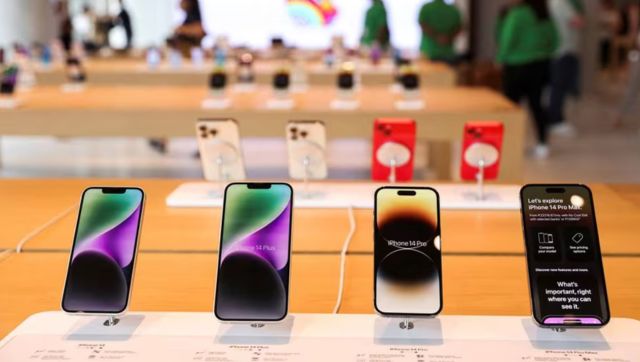)
)
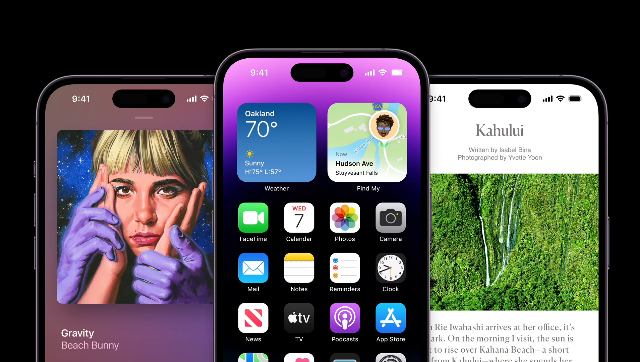)
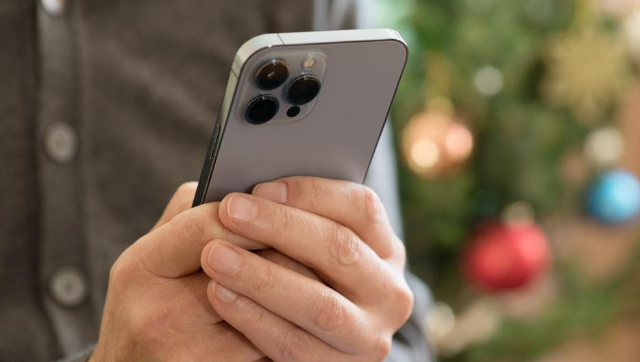)
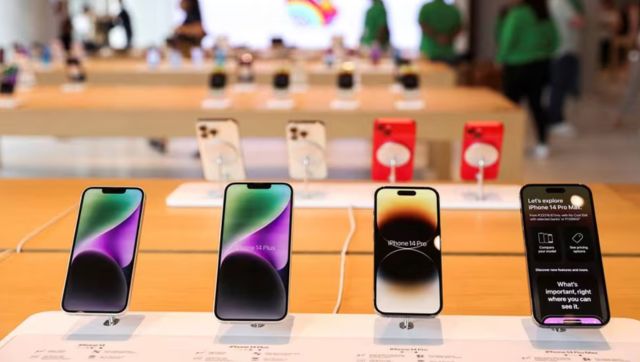)
)
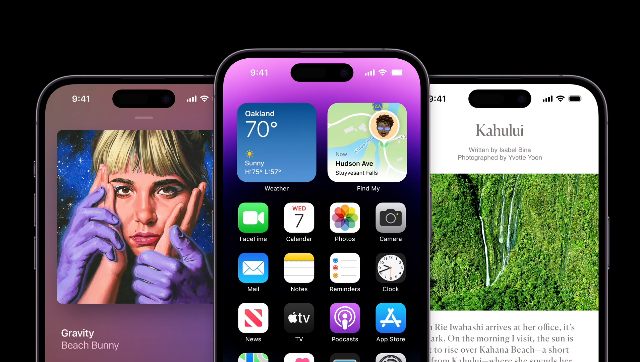)
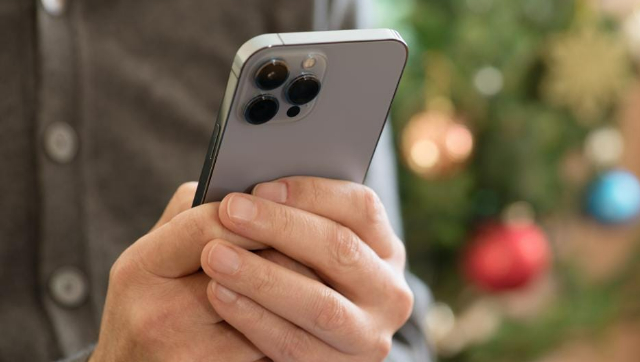)